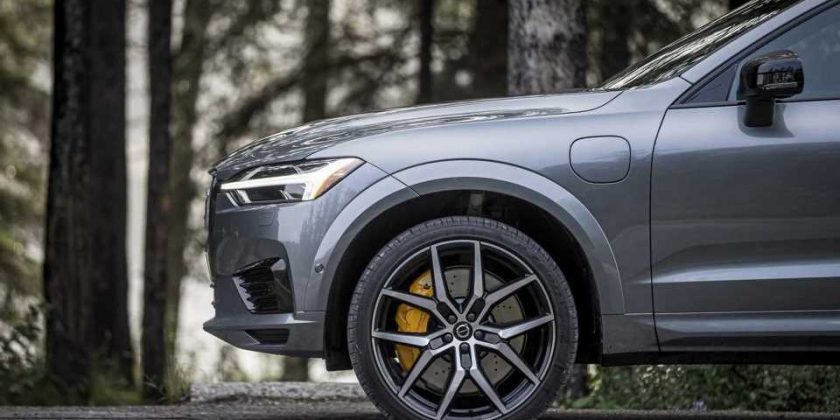It will also be the first to produce next-generation BEVs, based on the new Scalable Platform Architecture.
Volvo Cars intends to fully electrify its three-year-old plant in Ridgeville, South Carolina, which currently makes the S60 model.
Earlier this month, Volvo and Polestar announced that the Ridgeville plant will produce the upcoming all-electric Polestar 3 performance SUV, starting in 2022. For Polestar, it’s important to produce cars in the U.S., as the Polestar 2 produced in China is affected by a 27.5% tariff on China-made vehicles.
Volvo will invest an additional $118 million into the site and produce there also the upcoming new all-electric Volvo XC90, based on Volvo Car Group’s next-generation electric architecture, starting in 2022.
As we understand, both models will be based on the new Scalable Product Architecture (SPA2), which will be dedicated to BEVs, compared to the first SPA that was designed to handle ICE and PHEVs for 60- and 90-series cars.
Volvo Cars CEO Hakan Samuelsson said that the Ridgeville plant will be the first to make use of the new platform, and first to go 100% electric:
“…first company factory in the world building our all-new-generation all-electric cars — before Europe and before China. This factory will … also be the only plant in the Volvo Group which only makes full-electric cars.”
“We have developed a new technology, including an all-new architecture, which is all-electric. No compromises,”
This one statement immediately raises the question of what will happen to the S60 ICE/PHEVs then? The S60 has been produced since August 2018, but according to Automotive News’ article, less than 26,500 were produced in 2020, which is a small part of the plant’s capacity of 150,000 annually. We guess that S60 will be electrified as well, probably also with the SPA2 platform.
According to the article, Volvo is finalizing its supply agreements for BEVs and soon will chose a battery supplier for the Ridgeville plant.
A matter of speculation is that the plant will produce also the all-electric successor to the Volvo XC60 model that will be powered by Northvolt battery cells.
By 2030, Volvo will go 100% battery-electric anyway, so it’s just a matter of time when plant after plant will get rid of ICE manufacturing lines.
Source:Automotive News
Source: Read Full Article
